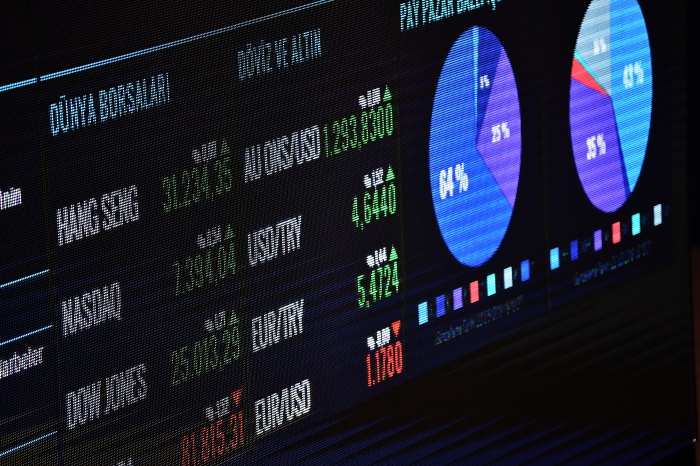Turkey’s economy, which suffered a currency crisis last year, is still in the doldrums and only a modest recovery is expected, according to Dutch bank ABN Amro, the Ahval news website reported.
Key measures reflecting consumer and business confidence show no indication of a sharp bounce back from previous lows, ABN Amro economist Nora Neuteboom said in a report published on Tuesday.
“While we have seen the worst, we only expect a modest recovery,” she said.
Turkey’s government is seeking to stimulate the economy through cheap lending from state-run banks and lower central bank interest rates. The lira hit a record low of 7.22 to the dollar last August after concerns of an overheating economy were exacerbated by a political crisis with the United States over the detention of an American pastor.
Treasury and Finance Minister Berat Albayrak, the son-in-law of President Recep Tayyip Erdoğan, says Turkey is emerging from its downturn and that economic growth will be positive this year.
ABN Amro expects an economic contraction of 1.5 percent in 2019 before the economy recovers to post growth of 2.5 percent next year, Neuteboom said. Recovering consumer confidence suffered another blow in May, while retail sales and the manufacturing outlook remain negative, she said.
The central bank – Erdoğan replaced its chief policymaker in July – is expected to cut interest rates by 425 basis points during the remainder of the year, equal to the 425-basis point reduction made last month, to 15.5 percent, Neuteboom said. Meanwhile, inflation is set to end 2019 at 15 percent, she said.
Monetary policymakers, now more conducive to towing Erdoğan’s line on lower interest rates, are likely to front-load the reductions at their next meetings in September and October, Neuteboom said. Interest rates will probably fall further to 11 percent by the end of 2020, she said.
The main short-term risk to Turkey’s economy is the possibility of US sanctions for Ankara’s purchase of Russian S-400 air defense missiles, Neuteboom said. The discussion has now moved on from immediate repercussions to whether Turkey will activate the weapons system, giving the Erdoğan government some leeway, she said.
“The situation is very unpredictable as it is largely dictated by the US political position towards another NATO member and – unfortunately – by the mood of Mr. Trump,” she said.
“That said, if sanctions are imposed, it will not rain but it will pour. The US is still the largest investor in Turkey and the mild sanctions imposed last August caused a widespread market panic.”

